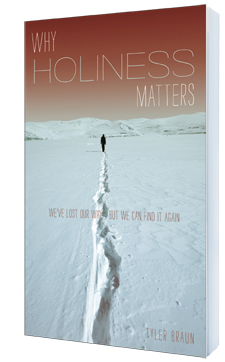Tyler Braun is one of the rising class of younger writers and has taken on one of the more difficult areas one could write about: holiness. It's a crucial topic and one that does not get nearly enough attention in the midst of all our chatter about Christianity and culture.
Login to read more
Sign in or create a free account to access Subscriber-only content.
Topics:
